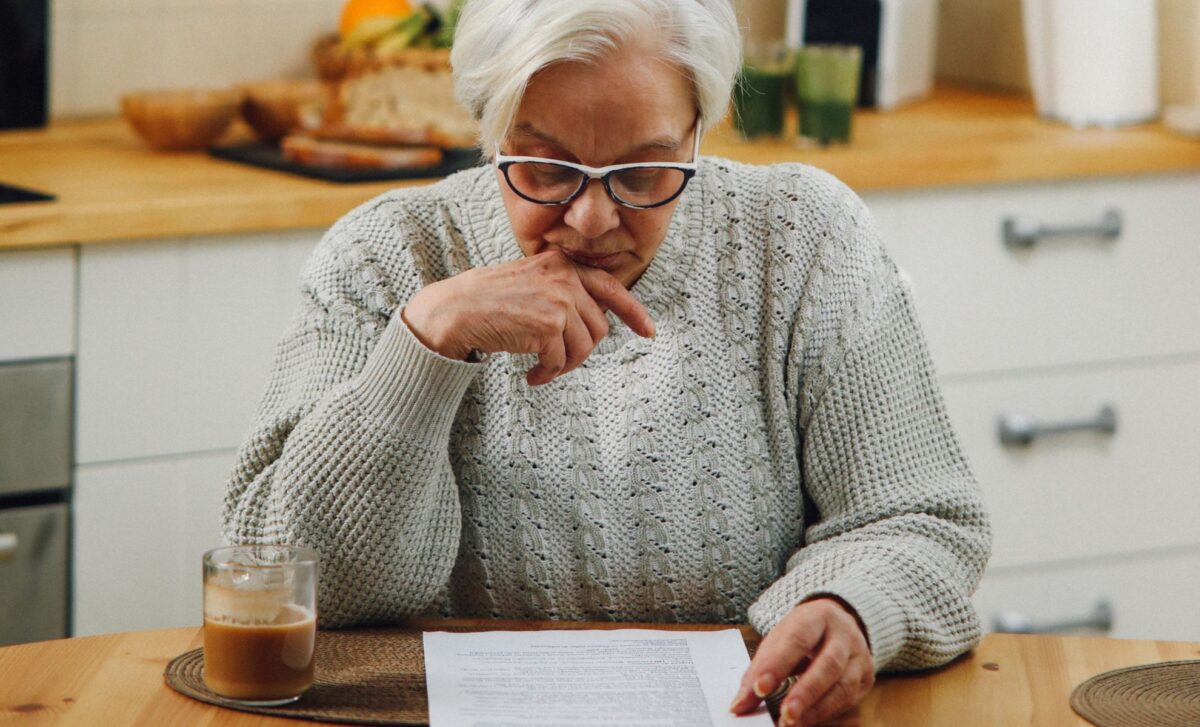Individuals born in these specific years are set to experience a 12-month delay in receiving their state pension due to policy changes.
State Pension Changes May Affect Individuals Born in Specific Years
The State Pension, which is currently valued at £221.20 weekly, is automatically provided to people over the age of 66, which is the qualifying age to start getting the payment.
If you have a complete National Insurance record; meaning around 35 years worth of contributions, you will be eligible for the total weekly state pension amount.
However, not everyone will get the same amount since new state pension eligibility rules are set to affect those born after April 1960, as reported by the Express.
The change follows the previous government’s announcement, under Rishi Sunak’s leadership, that the state pension age will rise to 67 by the end of 2028.
State Pension Age Rise Delayed to 2028 Under New Labour Government
The new Labour government led by Keir Starmer, has committed to retaining the Triple Lock — the system which automatically adjusts pension payments increases according to inflation, wage growth, or a flat 2.5 percent whichever is greater, but promises have been made to reverse the change in state pension age.
This implies that those born after April 1960 will not be able to access state pension payments until 2028, rather than 2027.
Back then, the government’s report included: “After carefully considering expert evidence, including two independent reports, the Secretary of State for Work and Pensions has concluded the planned pension age rise from 66 to 67 for those born after April 1960 remains appropriate.
The Government plans to have a further review within two years of the next Parliament to reconsider the rise to age 68.”
The current regulations outline plans to raise the access age from 66 to 67 between 2026 and 2028, followed by an increase to 68 between 2044 and 2046.









